Fisheries Co-management and Governance
In Tanzania, over 40% of small-scale fisheries operate without effective local management threatening fish stocks, food security, and the livelihoods of more than 4.5 million coastal people.
Across Tanzania’s 1,400-kilometre coastline, the ocean sustains life yet decisions about its use are often made far from the beaches where those lives unfold. For decades, local fishers have known how to read the tides, but not how to shape the rules. That gap has cost both people and nature.
Action for Ocean (AFO) is working to change this through fisheries co-management; a system where communities and government share responsibility for protecting and managing marine resources. It’s not about taking control from anyone; it’s about giving coastal people a rightful seat at the table.
Through partnerships with the Ministry of Livestock and Fisheries, local councils, and national networks of Beach Management Units (BMUs) and Collaborative Fisheries Management Areas (CFMAs), we help transform traditional fishing communities into accountable, data-driven stewards of their own ocean.
We equip fishers and local leaders with the tools to collect data, set fishing zones, establish seasonal closures, and enforce sustainable practices. These are not external interventions they are homegrown solutions rooted in local Tanzanian knowledge, supported by evidence, and powered by inclusion.
By 2030, AFO aims to:
Operationalize 9 Marine Managed Areas across Tanzania’s coastline, protecting key fisheries and habitats.
Improve ecological health by 30%, measured through fish biomass and coral recovery indicators.
Establish sustainable financing systems that allow communities to manage their fisheries sustainably.
Our goal is simple but transformative: build a governance system that’s locally led, nationally recognized, and globally respected.
When Tanzanian fishers help write the rules, compliance becomes culture and conservation becomes common sense.
This is the future of ocean governance in Tanzania’s Blue Economy: transparent, inclusive, and powered by the very people it protects.
When communities govern, sustainability stops being a dream it becomes daily practice.
